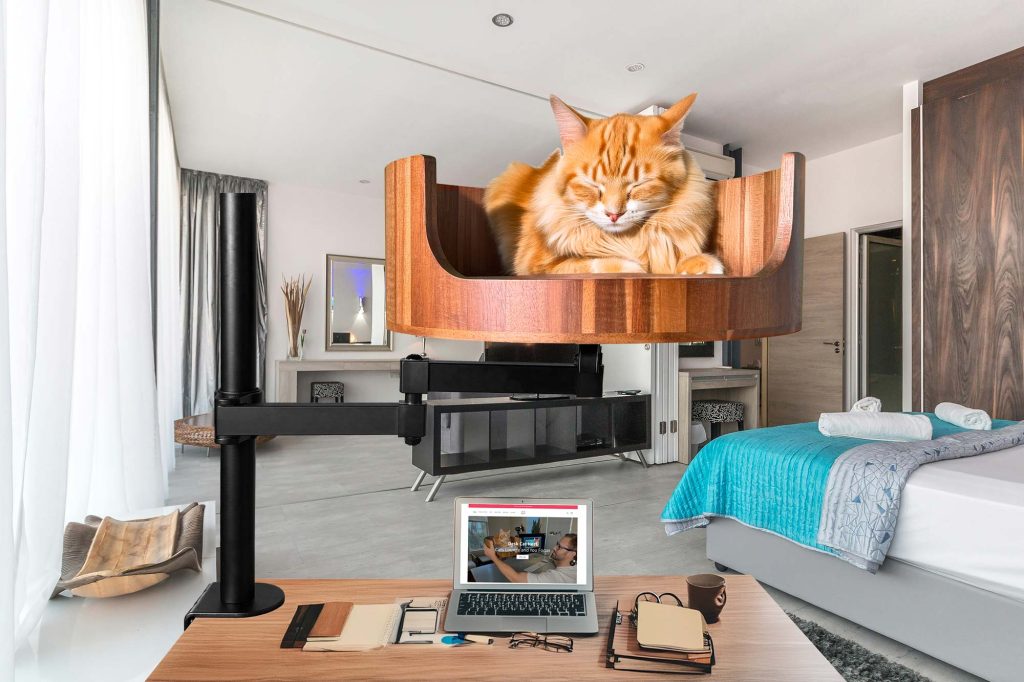Have you ever wondered just how old your feline friend really is in human years? While the myth that one cat year is equivalent to seven human years has been circulating for years, the reality is not quite so simple. In this article, we will delve into the complex world of feline aging and explore the factors that influence how cats age compared to humans.
From kittenhood to senior years, cats go through various life stages that can impact their overall development and health. By understanding how aging works in cats, we can better care for our furry companions and ensure they live long, happy lives. Join us as we uncover the mysteries of cat aging and shed light on the unique characteristics of feline longevity.
1. Cat years do not directly translate to human years; understanding how felines age is crucial for their overall wellbeing.
2. Factors such as breed, size, and genetics play a significant role in determining a cat’s aging process.
3. Cats reach adulthood at around 1 year of age, but their aging trajectory differs from humans.
4. Regular veterinary check-ups are essential to monitor a cat’s health and detect any age-related issues early on.
5. Providing a comfortable and stimulating environment, such as a Desk Cat Nest, can help improve a cat’s quality of life as they age.
The Basics of Feline Aging
When exploring the concept of cat years to human years, it’s essential to understand the basics of feline aging. Cats age more rapidly than humans, with the first year of a cat’s life equating to approximately 15 human years. After the first year, each cat year is equivalent to around four human years. This means that a 10-year-old cat would be roughly comparable to a 56-year-old human in terms of aging. Understanding this ratio is crucial for properly caring for aging felines and knowing when they may need extra attention or medical care.
Caring for Senior Cats
As cats age, their needs and behaviors may change, requiring different levels of care and attention compared to when they were younger. Providing a comfortable resting place for senior cats is essential, and a cat nest can offer the perfect solution. A cat nest provides a cozy and warm space for older cats to relax and sleep comfortably. Additionally, senior cats may benefit from a diet tailored to their age and health needs, including softer foods that are easier to digest. Regular veterinary check-ups become even more crucial as cats age, as they may be prone to certain age-related conditions such as arthritis or kidney disease.
Case Studies: The Benefits of a Cat Nest
Several case studies have highlighted the positive impact of providing a cat nest for older felines. In one instance, a senior cat with arthritis showed significant improvement in mobility and comfort after being introduced to a plush, orthopedic cat nest. The supportive cushioning and warmth of the nest helped alleviate the cat’s joint pain and provided a sense of security. Another case study demonstrated how a cat nest can reduce stress and anxiety in older cats by giving them a designated space to retreat and relax away from noise or disturbances. These examples underscore the importance of considering a cat nest as part of the overall care plan for senior felines.
Conclusion
In conclusion, understanding the aging process in cats and how it compares to human years is crucial for providing appropriate care and support to senior felines. Caring for aging cats involves a combination of proper nutrition, regular veterinary care, and the provision of a comfortable resting place such as a cat nest. By taking these factors into consideration, cat owners can ensure their senior feline companions enjoy a happy and healthy quality of life in their golden years.
Desk Cat Nest FAQ
What is the average lifespan of a cat compared to a human?
Cats typically live around 15-20 years, which is equivalent to about 75-100 years in human age.
How can a Desk Cat Nest help with my cat’s aging process?
A Desk Cat Nest provides a comfortable and secure space for your cat to rest and relax, potentially reducing stress and promoting better overall health as they age.
What are the benefits of using a Desk Cat Nest for my senior cat?
A Desk Cat Nest can help keep your cat warm, provide a safe space for them to rest away from potential dangers, and improve their overall quality of life as they age.
Can a Desk Cat Nest help lower my cat’s anxiety levels as they get older?
Yes, a Desk Cat Nest can help reduce anxiety in older cats by providing a cozy and familiar space for them to retreat to when they need some quiet time.
How should I introduce my cat to a Desk Cat Nest for the first time?
It’s best to place the Desk Cat Nest in a quiet and comfortable spot in your home where your cat likes to sleep. You can also encourage them to use it by placing some familiar bedding or toys inside.
In conclusion, providing your feline friend with a comfortable and cozy spot to rest, such as the Desk Cat Bed, can greatly benefit their overall health and happiness throughout their cat years and human years. By offering a designated space for your cat to sleep and relax, not only will they be less likely to disturb you while you work, but they will also experience reduced stress and improved sleep quality. Additionally, a comfortable and supportive cat bed can help prevent health issues such as joint pain and stiffness, ultimately extending your cat’s lifespan and enhancing their overall well-being. Choose the Desk Cat Bed for a valuable investment in your furry companion’s long-term health and happiness.


